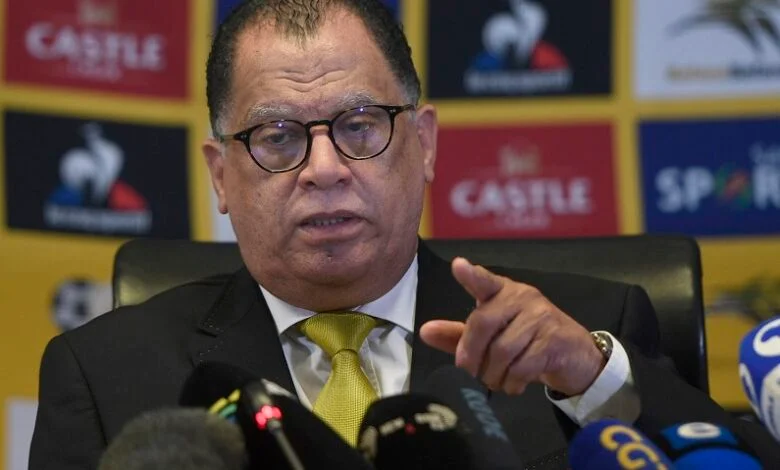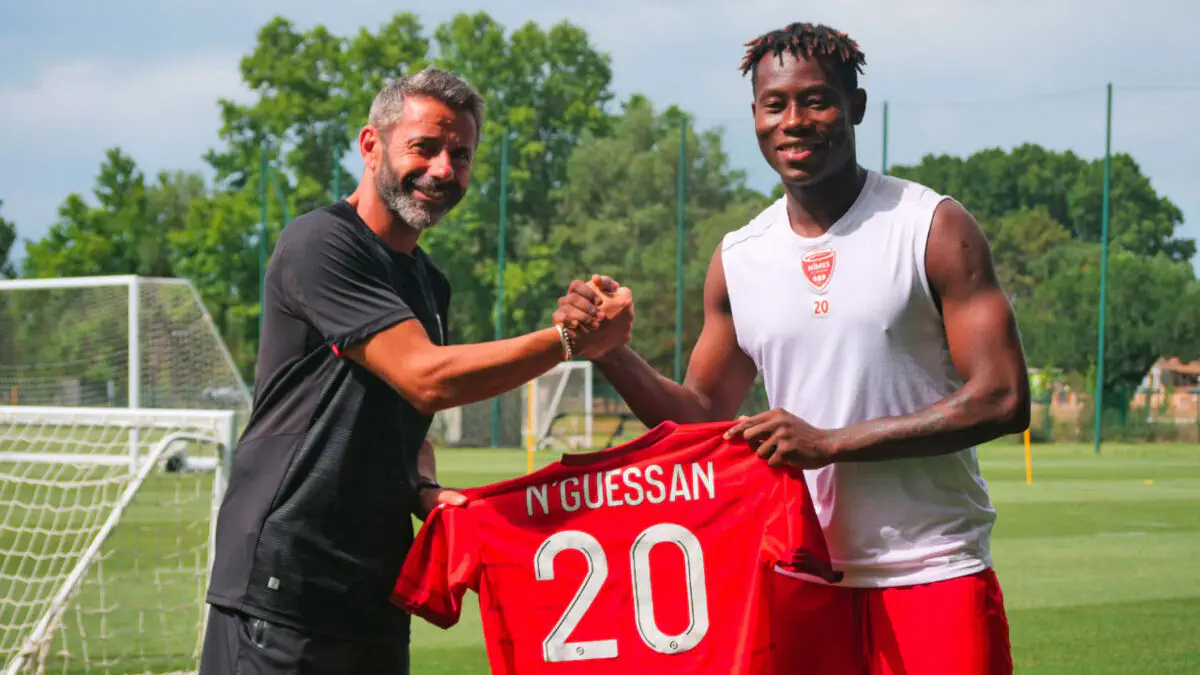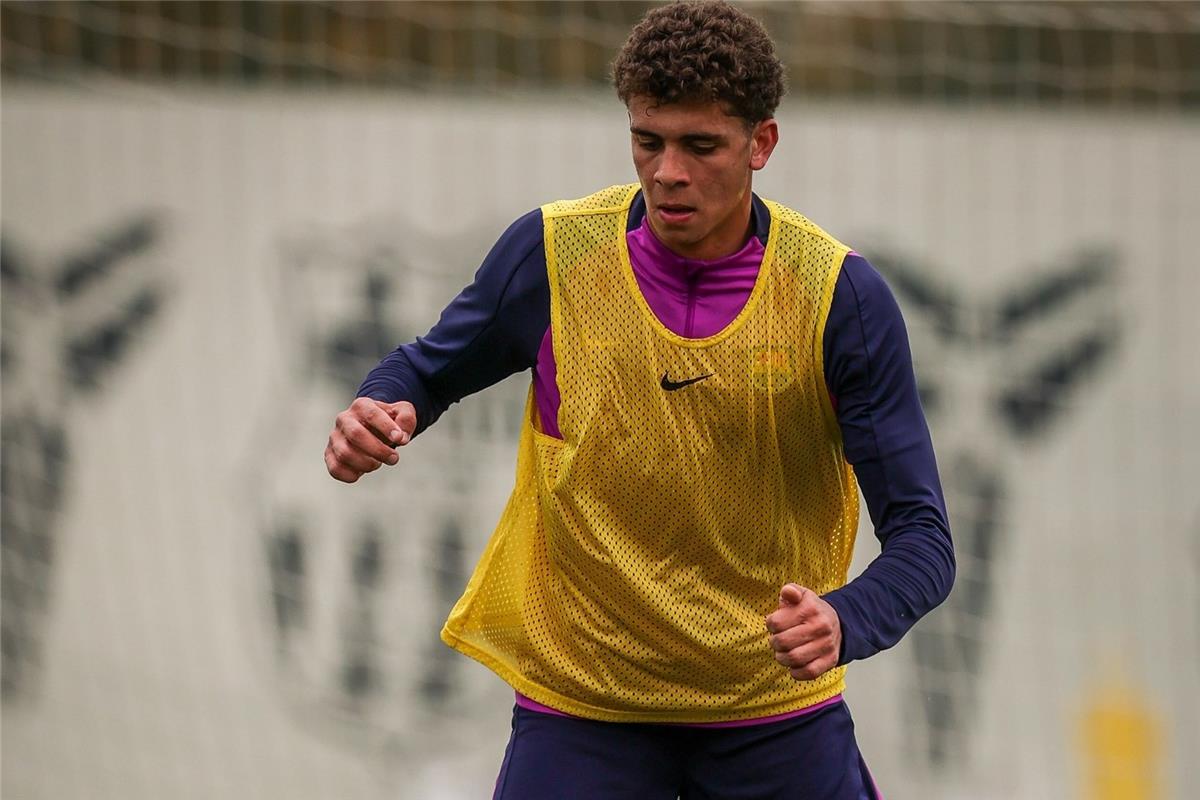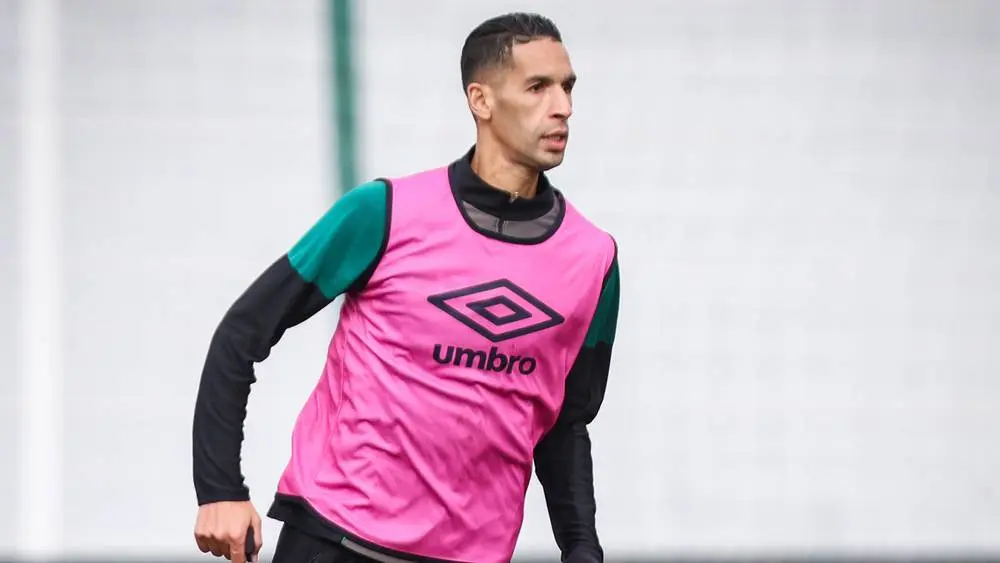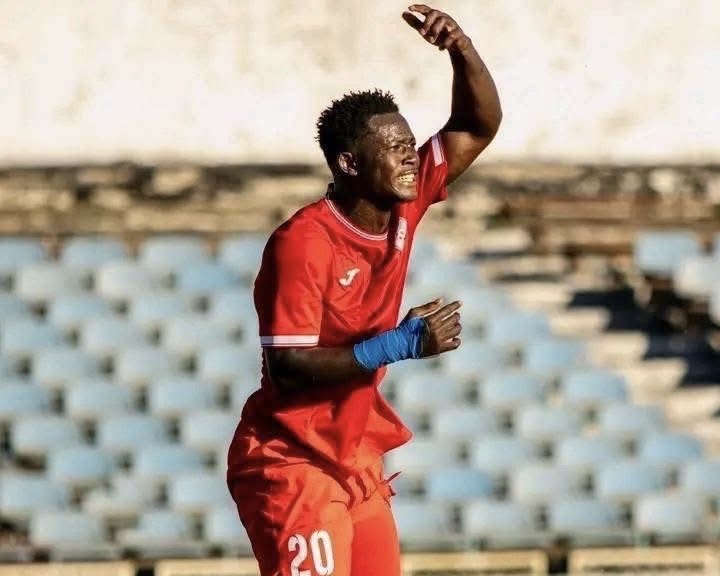Belgium’s football federation is pressing for changes to FIFA regulations after losing another promising young talent to another national team.
The latest case involves Chemsdine Talbi, who has opted to represent Morocco rather than Belgium, sparking fresh calls for reform.
The issue of dual nationals choosing to play for other countries has become a growing concern in Belgium.
Several young players, trained in the country’s football system, have recently pledged their international futures elsewhere.
The decision by Talbi to represent Morocco, following similar moves by Matias Fernandez-Pardo (Spain), Kos Karetsas (Greece), and Ilay Camara (Senegal), has led Belgium’s technical director, Vincent Mannaert, to demand changes in FIFA’s eligibility rules.
Talent drain worries Belgian officials
Belgium has seen an increasing number of its young prospects opt for other national teams.
Many of these players cite a lack of engagement from the Belgian Football Federation during key moments in their careers.
Talbi’s case is a prime example—having suffered a serious injury months ago, he expressed disappointment at the lack of contact from Belgian football authorities during his recovery.
In contrast, Morocco remained actively involved, strengthening its relationship with the player.
This pattern is raising concerns among Belgian football leaders, who believe that stronger measures are needed to ensure that players developed within the country’s system remain available for selection.
Vincent Mannaert pushes for rule changes
Vincent Mannaert is now urging FIFA to implement stricter guidelines on switching national teams.
He argues that young players should be required to commit to a national team by the time they turn 18, with a limited timeframe to confirm their decision.
“You can play for Belgium once and then leave for another national team. With us, a player can sign his first professional contract at 15. Why shouldn’t he be able to decide on his sporting nationality when he comes of age? And have 30 days to do so?” Mannaert said.
He also highlighted discrepancies in nationality laws across different countries, which he believes create unfair advantages in talent recruitment.
“In some countries, it only takes a few months to obtain nationality.
????️ Vincent Mannaert (DTN de la Belgique ????????) :
« La FIFA doit changer les règles ! Chanter l’hymne belge un jour et jouer pour un autre pays le lendemain, ça n’a aucun sens.
Le Maroc ???????? investit dans ce domaine. Hakimi et Ziyech jouent pour eux sans même parler arabe. » ???? pic.twitter.com/1Gp4M4rwJ8
— JMA Morocco ???????? (@JMA_Morocco) March 20, 2025
In others, it takes five years. FIFA needs to adapt its regulations,” he added.
Morocco’s success in attracting talent
While Belgium struggles to retain its young stars, Morocco has emerged as a model of efficiency in securing dual-national players.
With its sights set on the 2030 World Cup, the Moroccan Football Federation has invested heavily in scouting and maintaining close ties with promising footballers.
Their proactive approach has paid off, with players like Talbi choosing to represent Morocco.
This growing trend underscores the urgency for Belgium to reassess its strategy in order to prevent further losses of its emerging football talent.



